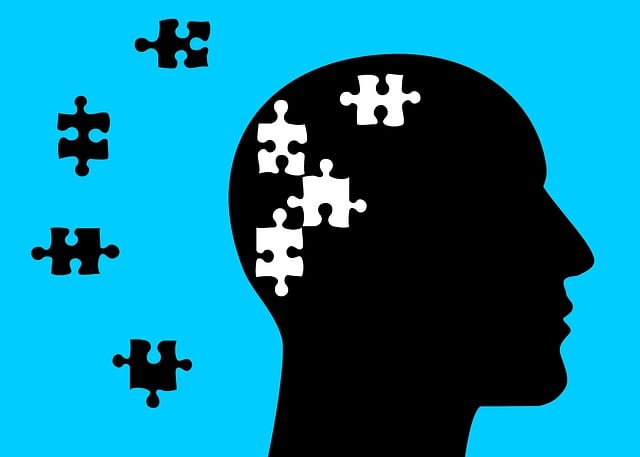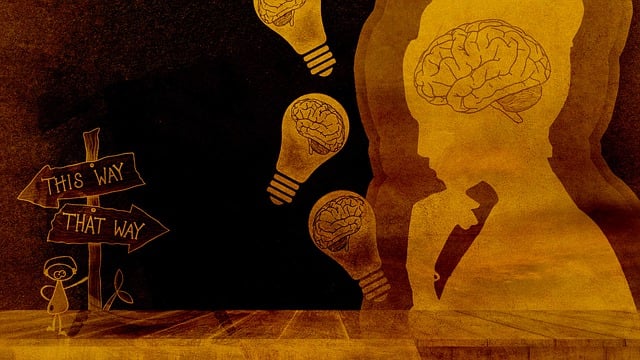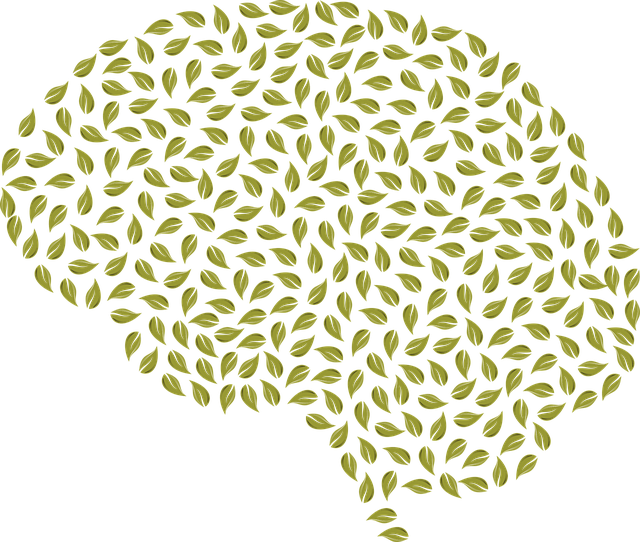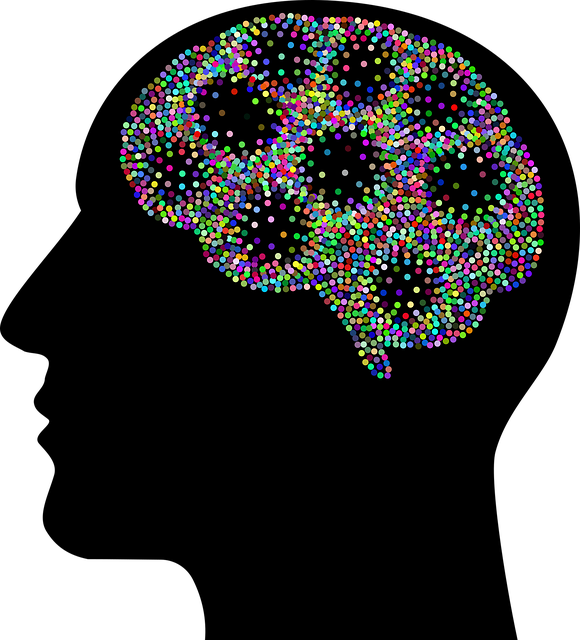Lone Tree Psychosis Therapy provides comprehensive trauma support tailored to individual experiences, using evidence-based techniques like CBT and EMDR. They create safe spaces for clients to explore emotions and memories, fostering resilience and empowering recovery. Their holistic approach addresses immediate distress and enhances long-term mental health, offering specialized services like Conflict Resolution Techniques and Mental Health Education Programs.
Trauma support services play a crucial role in helping individuals heal from the profound effects of traumatic experiences. This article delves into understanding trauma, its far-reaching impact on mental health, and the critical role that Lone Tree Psychosis Therapy plays in offering specialized care. We explore key components for effective trauma support, providing insights on accessing resources. From recognizing symptoms to navigating therapy options, this guide equips readers with knowledge to foster healing journeys.
- Understanding Trauma and Its Impact
- The Role of Lone Tree Psychosis Therapy in Support
- Key Components of Effective Trauma Support Services
- Accessing and Navigating Trauma Therapy Resources
Understanding Trauma and Its Impact

Trauma is a profound and complex response to distressing events or situations that overwhelm an individual’s ability to cope. It can manifest in various forms, from acute reactions like shock and dissociation to long-term conditions such as post-traumatic stress disorder (PTSD). Understanding trauma involves recognizing its wide-ranging impact on mental health, behavior, and overall well-being. Symptoms may include flashbacks, nightmares, severe anxiety, and avoidance behaviors, often leading to significant impairments in daily functioning.
The effects of trauma are not limited to individuals; they extend to communities as well. Public awareness campaigns play a crucial role in reducing stigma and encouraging those affected to seek support. Additionally, mental health professionals must undergo comprehensive risk assessments to ensure they have the necessary tools and training to provide effective care. By fostering an environment that promotes resilience and boosts confidence in seeking help, services like Lone Tree Psychosis Therapy can empower individuals to navigate the challenges of trauma recovery with greater ease and hope.
The Role of Lone Tree Psychosis Therapy in Support

Lone Tree Psychosis Therapy plays a pivotal role in trauma support services by offering specialized care tailored to individuals’ unique experiences. This approach recognizes that every person’s journey with trauma is distinct, requiring personalized strategies for healing and recovery. Through one-on-one sessions, therapists foster a safe space encouraging clients to explore their emotions, memories, and triggers without judgment. By employing evidence-based techniques such as Self-Awareness Exercises and Anxiety Relief methods, the therapy enables individuals to develop coping mechanisms and enhance their Emotional Well-being Promotion Techniques.
The support provided by Lone Tree Psychosis Therapy goes beyond addressing symptoms; it empowers clients to understand their trauma’s impact on their lives and provides tools for long-term resilience. This holistic approach not only assists in managing immediate distress but also equips individuals with the skills needed to navigate future challenges, fostering a sense of empowerment and improved mental health.
Key Components of Effective Trauma Support Services

Effective trauma support services are multifaceted and tailored to address the complex needs of individuals dealing with traumatic experiences. Firstly, Lone Tree Psychosis Therapy emphasizes a safe and supportive environment where clients feel heard and understood. Trained therapists employ evidence-based therapeutic approaches such as cognitive behavioral therapy (CBT) and eye movement desensitization and reprocessing (EMDR) to help individuals process and overcome their trauma.
Additionally, integrating positive thinking techniques into the therapeutic process can foster resilience and promote a sense of empowerment. Meanwhile, focusing on burnout prevention is crucial, as supporting clients in managing their emotional well-being can enhance their ability to navigate challenging situations. Boosting confidence through targeted interventions also plays a significant role in encouraging individuals to engage in recovery and rebuild their lives post-trauma.
Accessing and Navigating Trauma Therapy Resources

Navigating trauma therapy resources can be a challenging yet crucial step for those seeking support following an traumatic event or experience. Many individuals, especially in areas with limited access to mental health services, might find themselves unsure where to begin their journey towards healing. This is where understanding the available options and accessing the right support becomes essential.
Lone Tree Psychosis Therapy offers a range of specialized services designed to cater to diverse needs. Through tailored approaches, such as incorporating Conflict Resolution Techniques and Compassion Cultivation Practices, individuals can explore effective pathways to recovery. Additionally, Mental Health Education Programs are carefully designed to empower people with knowledge and skills, enabling them to take an active role in their healing process and fostering a deeper understanding of trauma’s impact.
Trauma support services play a vital role in helping individuals heal from the profound effects of traumatic experiences. As discussed, Lone Tree Psychosis Therapy offers specialized approaches to address complex psychological wounds. By prioritizing access and navigation of these resources, communities can ensure that those affected by trauma receive the comprehensive care they deserve. Key components like empathy, safety, and evidence-based practices are essential for effective support, fostering resilience and empowering individuals on their journey towards recovery.














